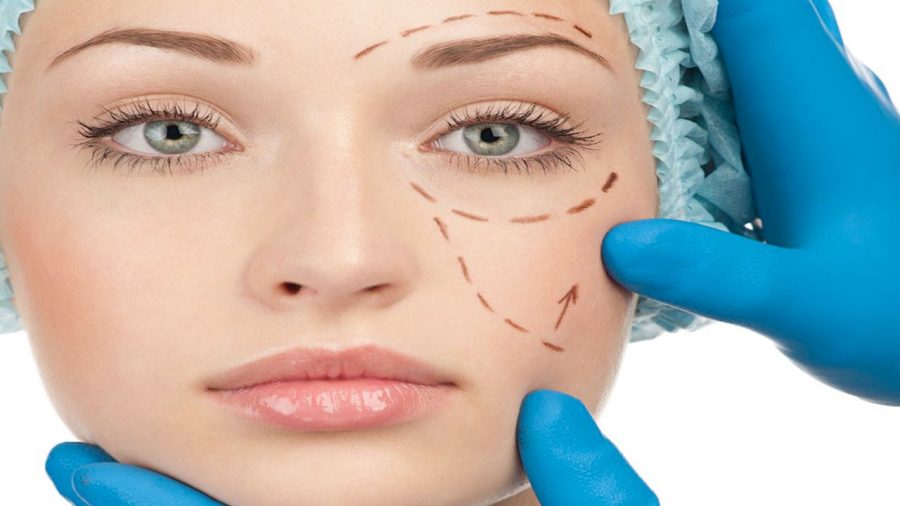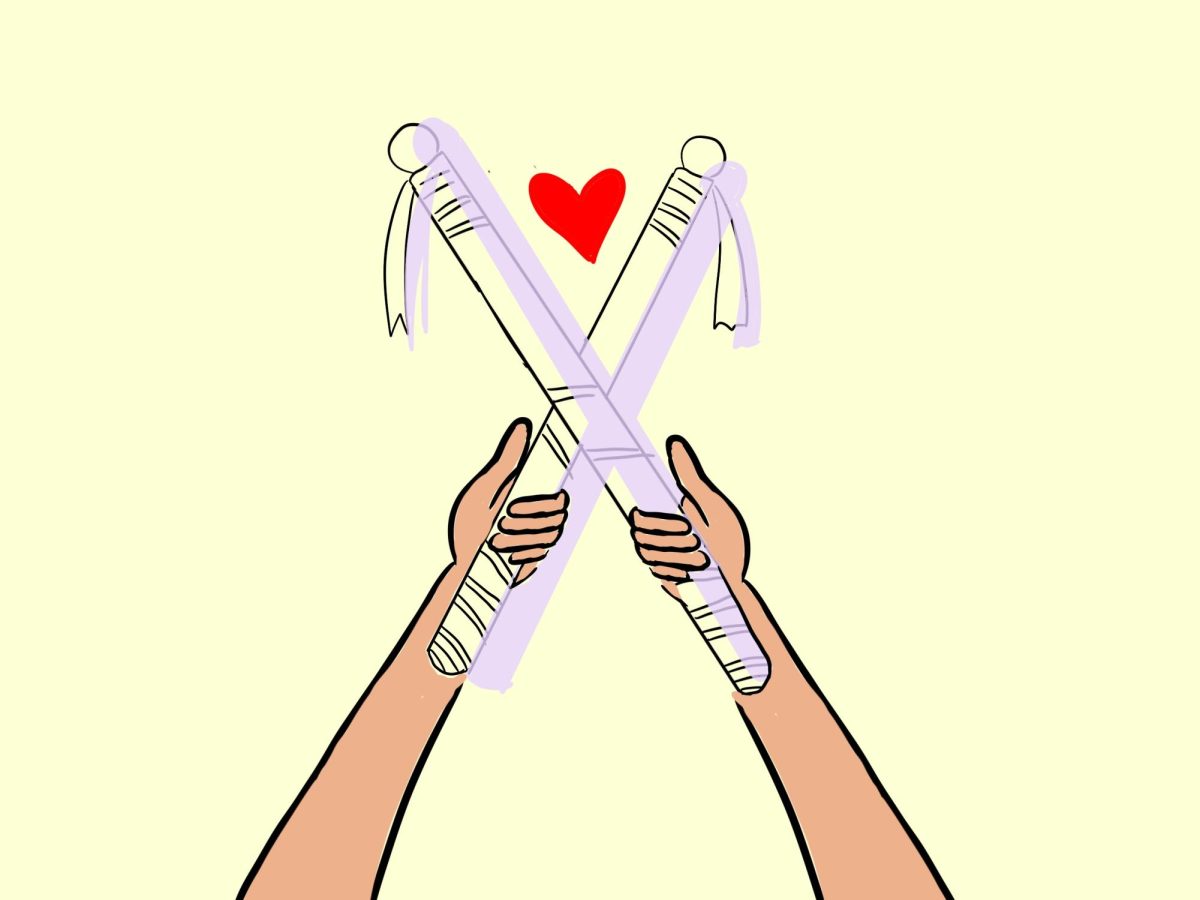Shame — shame for feeling beautiful, even in artificial skin.
Plastic surgery has become a prominent and controversial topic within gossip columns and on T.V. shows, but in recent years, it has slowly become normalized as more people have been exposed to the idea of plastic surgery through social medias.
According to the American Society of Plastic Surgeons (ASPS), new data show continued growth in cosmetic procedures over the last three years. In the annual plastic surgery procedural statistics, there were 15.9 million surgical and minimally-invasive cosmetic procedures performed in the United States in 2015, a two percent increase over 2014.
That increase is mostly based on the stream of social media. Kylie Jenner, a 19 year old socialite and media pop star, was one of many who popularized large lips and exaggerated curves. This trend initiated a wave of media bloggers and makeup gurus who followed in similar footsteps. Large lips became iconic to the media’s view of a perfect face, and members of the younger community started to mimic the appearance, going to such far lengths as to risking breakage and tearing of the lips while trying to achieve the desired appearance.
Yet, people who undergo plastic surgery are sometimes called “fake” and “plastic.” They are later exposed on commonplace media for entertainment. Placed in freak reality TV shows, like “My Strange Addiction” and “True Life,” generates the idea that people who decide to modify their bodies are abnormal. Extreme backlash and hate is thrown at the individual for modifying their body shown within these shows.
Women like Amanda Lepore and Lil Kim have transformed their physical features to fit their preferences. The stereotype creates an interpretation of a higher-class consumer to only receive enhancements, creating an excuse to disagree because of the discomfort people feel with a seemingly “self-absorbed” person who has gotten plastic surgery. The ideals and stereotypes of the individual who has received plastic surgery pertain as “high-class” or “rich” which results in added-on hate.
A video questionnaire conducted by RealSelf [realself.com,] voiced opinions on what cosmetics procedures mean to them and a which of the large majority of responses followed a negative impact.
“A lot of people don’t think that they’re beautiful because they’re just [buying into] society’s idea of what beautiful is,” replied a woman from San Diego.
In a recent discussion with ten anonymous MVHS students, many students discussed their decisions on the possibility of receiving a facelift.
“Yes because I’ve been told that I am ugly.”
“No, because I don’t think the chemicals are good for you, and also because I think it looks too fake [and it] doesn’t look good.”
“I might go through plastic surgery if it was required for health. Say, if I needed to do something to my nose in order to improve my breathing patterns, then I would. However, I would never go through plastic surgery just to ‘improve’ my looks.”
The responses ranged from the fear of chemicals derived from plastic surgery to the insecurities individuals have. But, all opinions and beliefs start with the public eye, waiting to be scrutinized under the large microscope looking for imperfect flaws, letting judgment cloud the individual’s thoughts.























